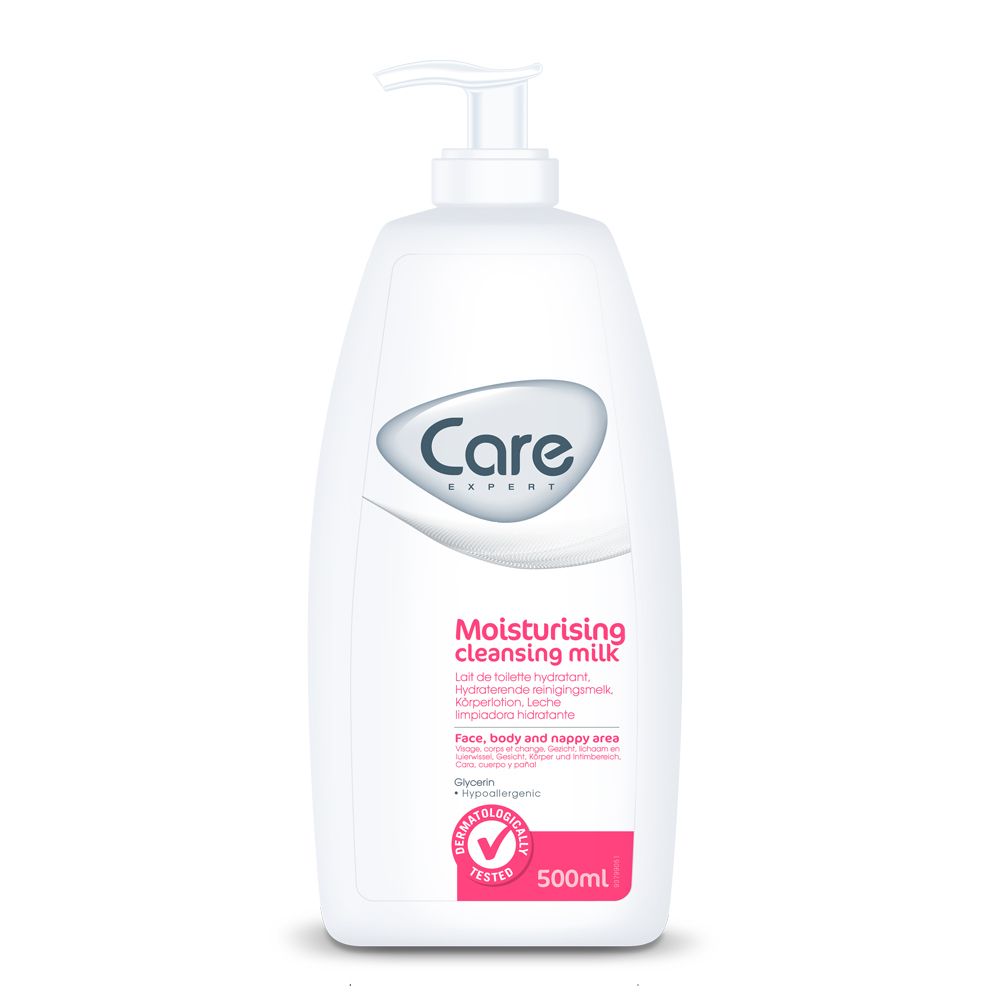The skin’s natural protective barrier can become weaker as we age. The barrier is more prone to become dry and is less robust when exposed to strong irritants such as soaps, shower gels and some washing powders. However, by using strict skin care health strategies you can easily keep senior’s skin healthy and hydrated.
What Causes Dry Skin in the Elderly?
Dry skin is very common in seniors. This can often just be a mild discomfort for a short-term duration that lasts only a few weeks. Because the majority of elderly people suffer from dry and itchy skin, it is often thought of as a normal part of ageing and something that should just be lived with. However, if untreated, dry skin can become a chronic problem for some elderly people. This type of severe, long-term dryness can create additional health problems like eczema, rashes, irritation from scratching and sores. As you age, skin can lose oil glands and become thinner, making it harder for the skin to hold in moisture. This can easily affect an elderly person’s quality of life. Dry skin can lead to other issues in seniors besides discomfort. If left untreated, dry skin could develop tiny cracks which can cause more moisture to be lost from the skin. Bacteria and other irritants can also enter the skin and possibly cause infections. Good skin care is therefore definitely an important part of hygiene and grooming for seniors to prevent complications.
How to look after the skin of elderly residents
Here are some tips for ensuring seniors’ skin maintains healthy and hydrated:
> Avoid using substances that can irritate the skin
Several strong cleaning substances can break down the natural fatty acids in the skin and lead to itching and dryness. If left untreated, this can even become sore. Detergents and soaps are two of the main irritant culprits. Strongly perfumed soaps and bubble baths will cause skin dryness and are best avoided in the older person. Soap substitutes are now commonly available in chemists- broadly speaking these are formulated in such a way as to moisturise the skin rather than dry it. Purchasing a soft, fragrance-free bath soap is, therefore, a good idea. Other substances that will irritate the skin include washing-up-liquid, cleaning products, laundry detergents and fabric conditioners. Protective gloves should always be worn when these substances are in use.
> Place a humidifier in the bedroom or main room to add moisture to the air.
Portable humidifiers can add enough moisture to the air to keep the skin from drying out. The American Osteopathic College of Dermatology recommends a humidity level between 45 and 55 percent, while the CNN Health website suggests keeping humidity a little lower, approximately 30 to 50 percent. You can measure humidity in the air with a hygrometer or relative humidity gauge.
> Ensure seniors use moisturisers frequently
It is important that moisturisers are used regularly and always after a bath or shower. The moisturizer should be applied to the whole body after a warm or lukewarm bath or shower to lock in the moisture.
Greasy ointments can be helpful for very dry skin but most people find them too sticky for everyday use. Creams are usually the wisest choice, as they have a good ability to moisturise and are more cosmetically acceptable. Lotions are generally more watery and therefore whilst easily absorbed are a bit less effective. The key guideline is to find an unperfumed product and these tend to be the pharmaceutical grade emollients. Pump dispensers are cleaner and easier to use and most products are now available in this format. It is important that moisturisers are used regularly by residents after a bath or shower.
Other applications need to fit into daily activities, however applications should be made whenever the skin becomes dry, which may be two or three times a day.
> Provide careful cleansing and drying
It is vital to look after cracks and crevices in the skin. Skin folds are vulnerable to fungal infections, as the moist, warm, dark environment makes them ideal places for the fungus to take hold. Careful cleansing and drying of these areas is vital.
Whilst a fungal infection can be a severe problem, the fact that they cause breaks in the skin mean that other, more dangerous infections can take hold. Drying in these hard to reach areas can be difficult. Using a cool hair dryer might be helpful or using gauze rather than a fat towel can ensure that small gaps are easier to get to.
You can try our gentle cleansing moisturiser to ensure the skin of seniors stays cleansed and healthy.
Care Moisturising Cleansing Milk
> Ensure seniors are eating well
Make sure seniors are eating foods that hold a lot of vitamins and antioxidants. These foods help the appearance of the skin and also make the skin feel good.
Foods that are particularly healthy for the skin include melons, berries, walnuts, salmon and green vegetables.
